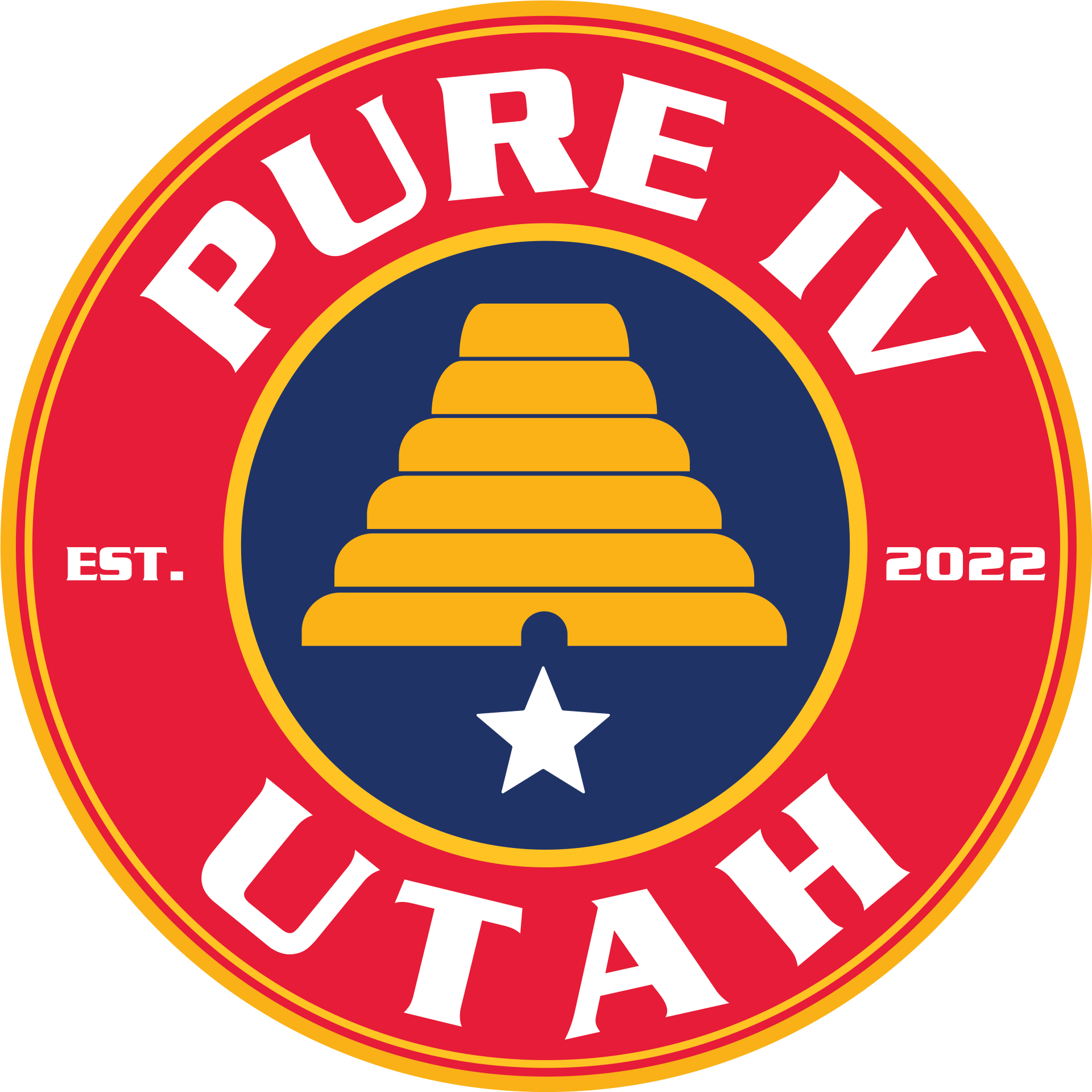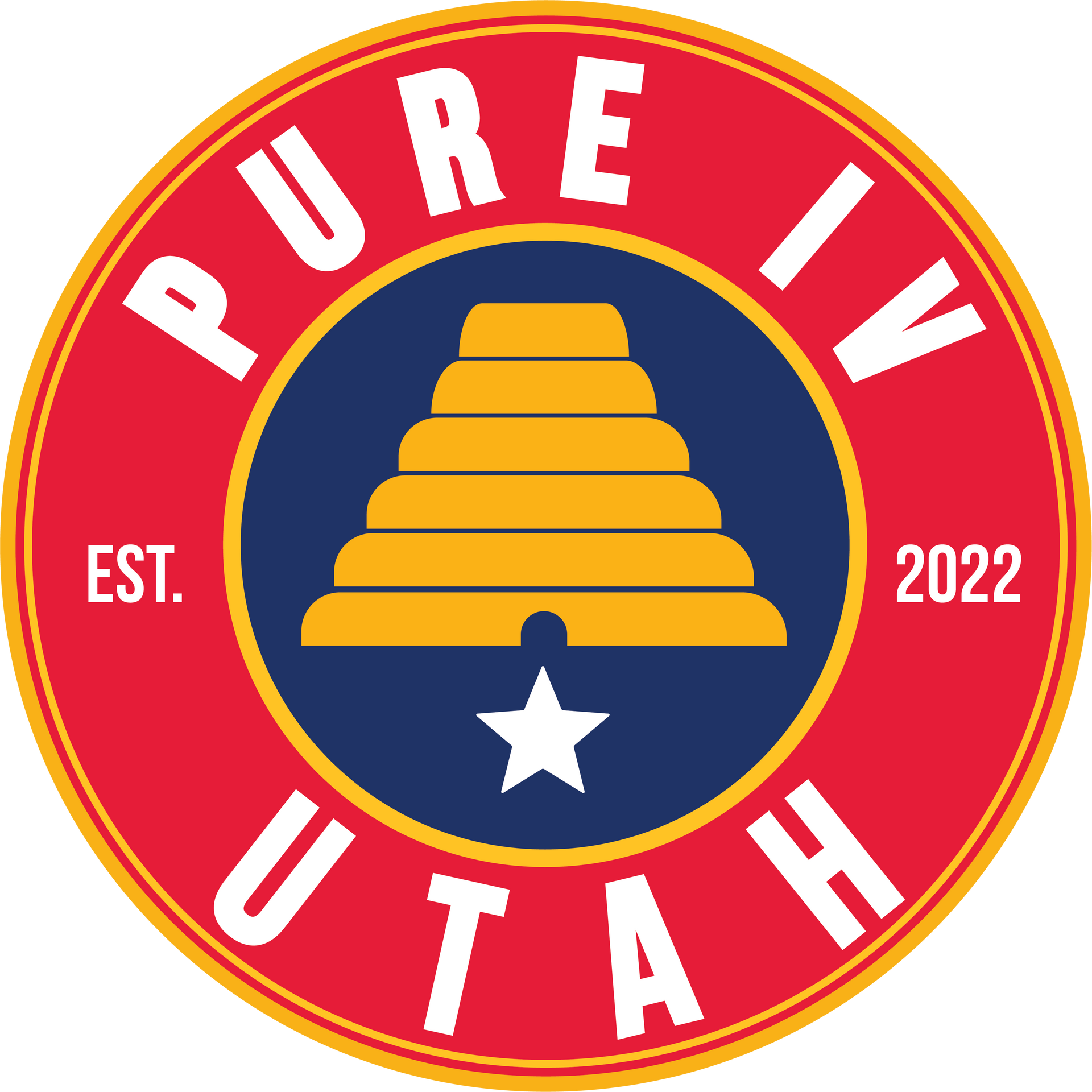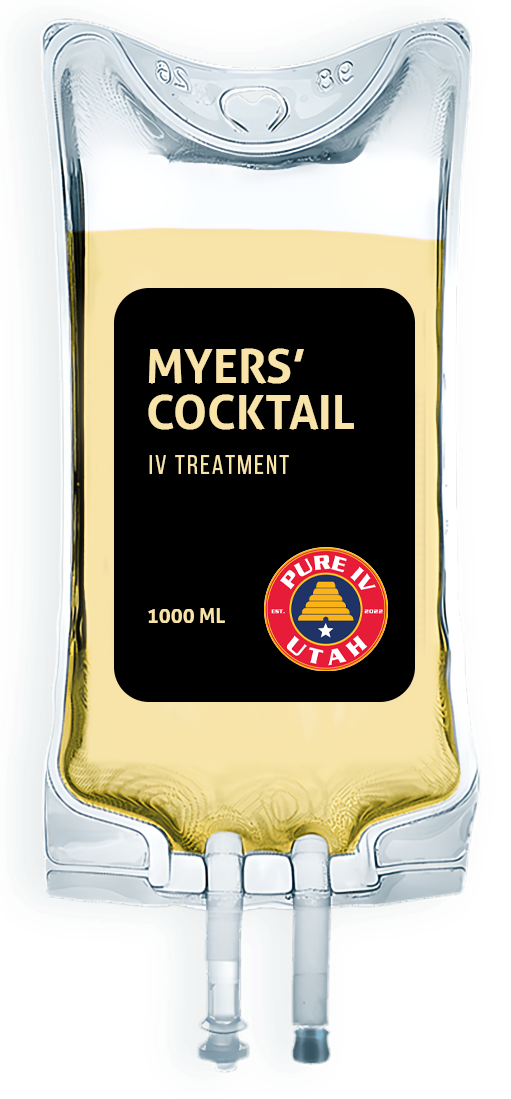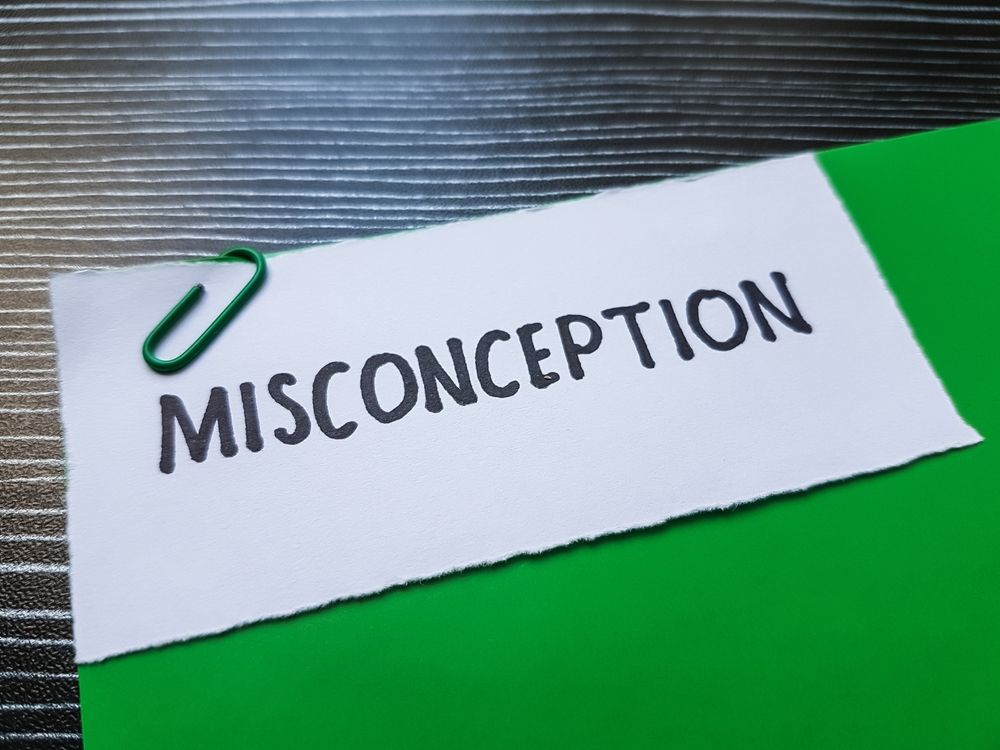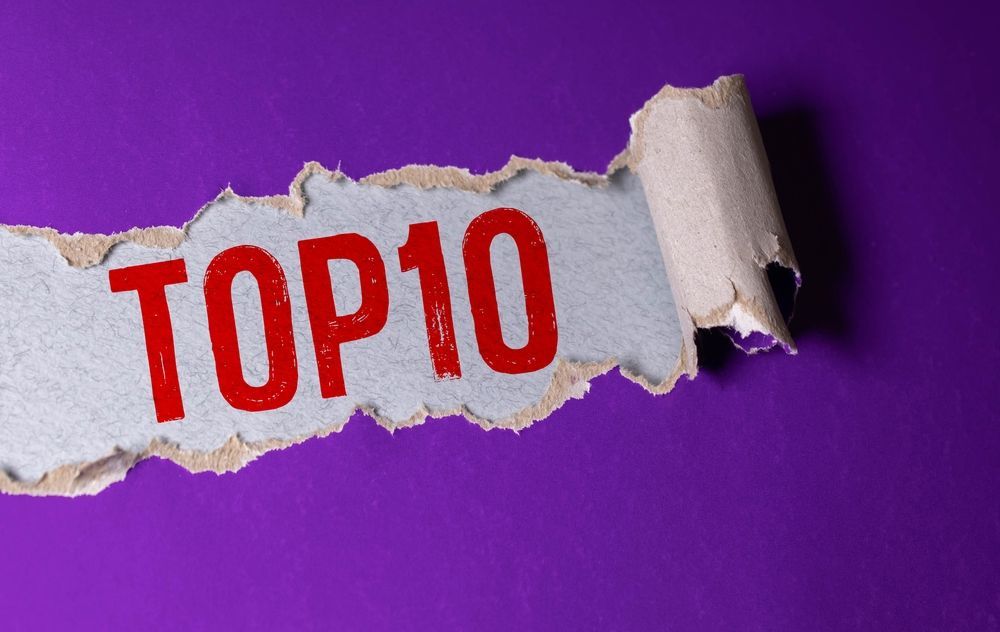Key Vitamins for Muscle Growth: Expert Insights
When it comes to muscle growth, the importance of vitamins cannot be overstated. These essential nutrients play a crucial role in various bodily functions, including the development and maintenance of muscle tissue. This article delves into the world of vitamins, highlighting those that are particularly important for muscle growth.
Vitamins: A Brief Overview
Vitamins are organic compounds that our bodies need in small amounts to function properly. They are essential for various bodily functions, including growth, digestion, and nerve function. There are 13 essential vitamins that the body needs, each playing a unique role in maintaining health and wellness.
While all vitamins are important, some play a more direct role in muscle growth and recovery. These vitamins aid in protein synthesis, energy production, and the reduction of inflammation, all of which are crucial for muscle development.
Key Vitamins for Muscle Growth
Vitamin D
Vitamin D is a fat-soluble vitamin that plays a crucial role in muscle function. It aids in the absorption of calcium and phosphorus, two minerals that are essential for muscle contraction. Additionally, vitamin D has been linked to improved muscle strength and performance.
Our bodies produce vitamin D naturally when exposed to sunlight. However, it can also be obtained through diet and supplements. Foods rich in vitamin D include fatty fish, cheese, and egg yolks. Vitamin D supplements are also widely available and can be a good option for those who have difficulty getting enough from sunlight or diet alone.
Vitamin B6
Vitamin B6, also known as pyridoxine, is a water-soluble vitamin that plays a key role in protein metabolism. It aids in the breakdown of protein, making it easier for the body to use. This is particularly important for those looking to build muscle, as protein is the building block of muscle tissue.
Good sources of vitamin B6 include poultry, fish, and whole grains. It can also be obtained through supplements, although most people can get enough through diet alone.
Vitamin C
Vitamin C is a powerful antioxidant that helps protect the body against oxidative stress. This is important for muscle growth, as intense exercise can produce free radicals that cause damage to muscle cells. By combating these free radicals, vitamin C can help promote muscle recovery and growth.
Many fruits and vegetables are rich in vitamin C, including oranges, strawberries, and bell peppers. It can also be obtained through supplements if necessary.
How to Incorporate These Vitamins into Your Diet
Incorporating these vitamins into your diet can be relatively straightforward. A balanced diet that includes a variety of fruits, vegetables, lean proteins, and whole grains should provide all the vitamins you need for muscle growth. However, if you're struggling to get enough through diet alone, supplements can be a viable option.
When considering supplements, it's important to remember that more is not always better. Taking too much of certain vitamins can be harmful, so it's always best to consult with a healthcare provider before starting any new supplement regimen.
The Role of Vitamins in Exercise Recovery
Exercise, particularly intense or prolonged exercise, can put a lot of stress on the body. This is where vitamins come in. They help the body recover from this stress by aiding in the repair and growth of muscle tissue, as well as combating the oxidative stress caused by exercise.
By ensuring you're getting enough of these key vitamins, you can help your body recover more quickly and effectively from exercise, paving the way for greater muscle growth.
Conclusion
While vitamins are just one piece of the muscle growth puzzle, they are a crucial one. By ensuring you're getting enough of these key vitamins, either through diet or supplements, you can support your body's natural muscle growth and recovery processes. Remember, a balanced diet is the best way to get all the nutrients you need, but supplements can be a valuable tool for those who struggle to meet their needs through diet alone.
GET IN TOUCH
QUICK LINKS
© 2025 Pure IV Utah | All rights reserved | Powered By OMG Marketing | Sitemap
